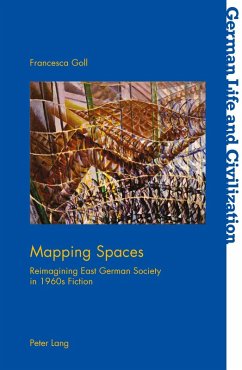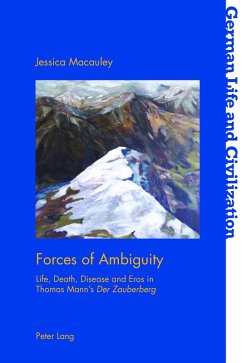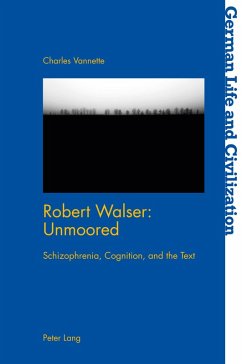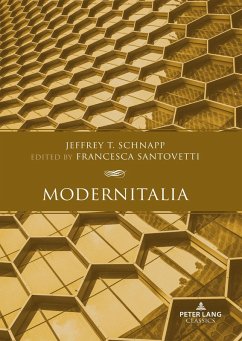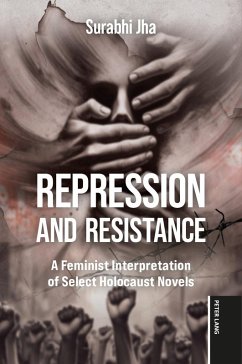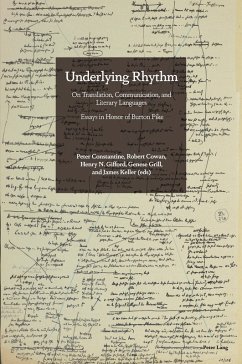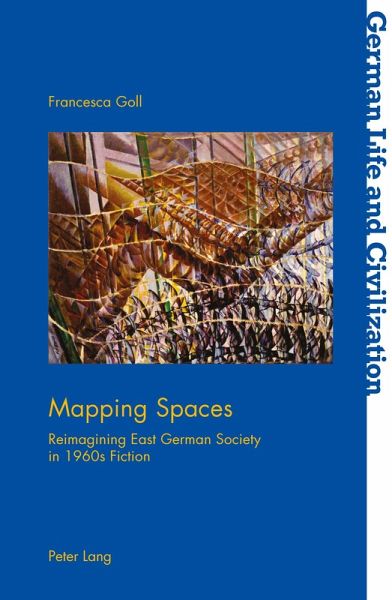
Mapping Spaces (eBook, PDF)
Reimagining East German Society in 1960s Fiction
Versandkostenfrei!
Sofort per Download lieferbar
Statt: 75,60 €**
57,95 €
inkl. MwSt.
**Preis der gedruckten Ausgabe (Broschiertes Buch)
Weitere Ausgaben:

PAYBACK Punkte
29 °P sammeln!
In the process of establishing the social and political reality of the German Democratic Republic, writers played a crucial role. The specific feature of GDR literary texts of the 1960s lies in their attempt at imagining and representing the emergence of a community that had previously not existed. A new sense of common belonging was being promoted. This study focuses on the ways in which Werner Bräunig and Erik Neutsch negotiated this tension in their novels by analysing the spatial and topographical dimensions of the texts. If literary texts map power structures by rewriting cartographies, ...
In the process of establishing the social and political reality of the German Democratic Republic, writers played a crucial role. The specific feature of GDR literary texts of the 1960s lies in their attempt at imagining and representing the emergence of a community that had previously not existed. A new sense of common belonging was being promoted. This study focuses on the ways in which Werner Bräunig and Erik Neutsch negotiated this tension in their novels by analysing the spatial and topographical dimensions of the texts. If literary texts map power structures by rewriting cartographies, then the analysis of the latter will shed light on the socio-political models that are being advocated. Neutsch's Spur der Steine (1964) and Bräunig's fragment Rummelplatz (2007) were both written in the 1960s but enjoyed a very different reception: while the former became a bestseller, the latter was censored and published posthumously in 2007. Yet they both speak to GDR society of the 1960s, highlighting the evocative power of literature within the East German context - and beyond.
Dieser Download kann aus rechtlichen Gründen nur mit Rechnungsadresse in A, D ausgeliefert werden.




